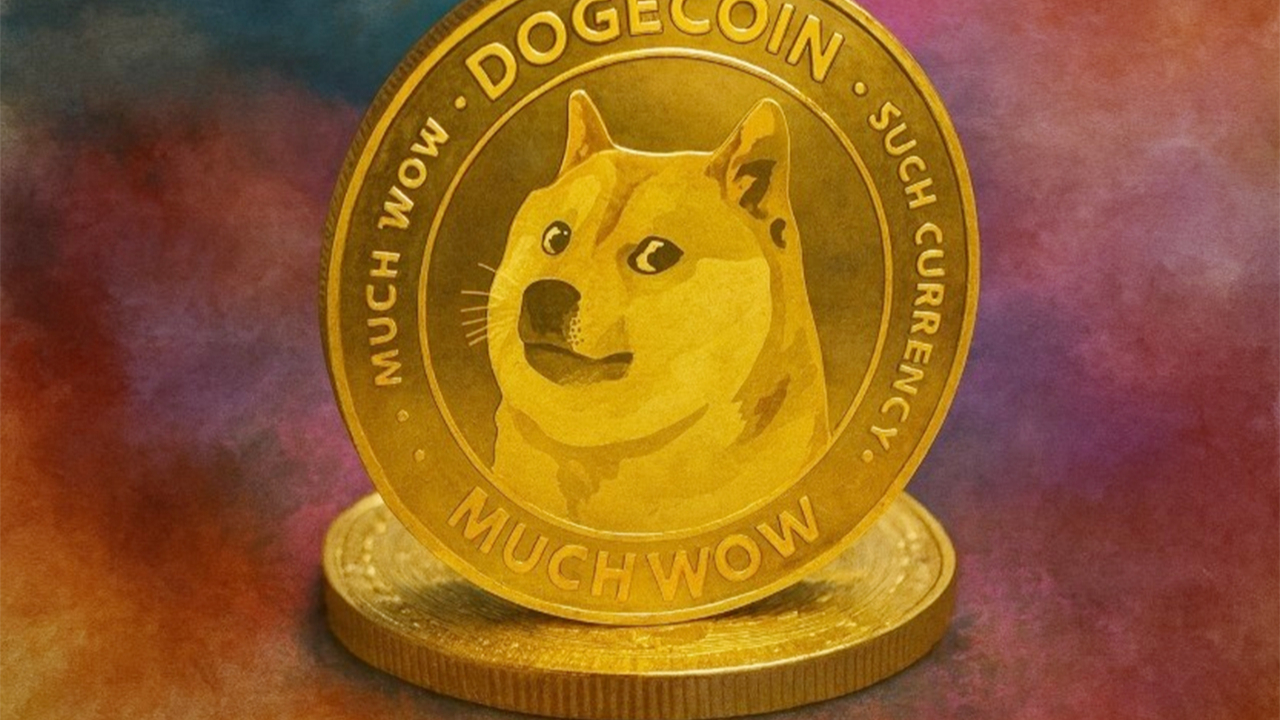Scheduled for Thursday, the fund will trade under the ticker DOJE and is being introduced by REX Shares and Osprey Funds. This development comes at a time when regulatory uncertainty still hangs over the crypto industry, with the Securities and Exchange Commission (SEC) delaying decisions on other proposals, including Bitwise’s Dogecoin ETF.

Unlike previous applications, which have faced multiple postponements, the REX-Osprey fund has taken an alternative legal route, leveraging the Investment Company Act of 1940 to gain approval. This approach allowed the fund to sidestep the prolonged regulatory process that has stalled other crypto ETF applications. The debut of DOJE marks the first time an ETF in the United States will directly hold an asset widely recognized as a memecoin—a cryptocurrency often celebrated for its cultural appeal rather than its utility.
REX and Osprey bring Dogecoin ETF to market
REX Shares and Osprey Funds have positioned themselves as pioneers by introducing the DOJE ETF to American investors. The fund will provide exposure to Dogecoin through a subsidiary based in the Cayman Islands, formally named the REX-Osprey DOGE (Cayman) Portfolio S.P. According to the official prospectus, this structure ensures compliance with US investment laws while giving investors direct exposure to the cryptocurrency.
By choosing the 1940 Act framework, the issuers have capitalized on a legal pathway typically used to protect investors from conflicts of interest and fraud. This structure has enabled them to advance their ETF to market despite ongoing delays faced by other firms. For investors, DOJE represents a novel opportunity to access Dogecoin within a regulated investment vehicle rather than through traditional crypto exchanges.
SEC delays decision on Bitwise and Grayscale proposals
While DOJE prepares to launch, the SEC has again postponed its decision on Bitwise’s proposed Dogecoin ETF. In its latest filing, the regulator stated it needed “a longer period” to review the proposed rule change. This is the second delay Bitwise has faced, with its earlier application encountering a setback in June.
The SEC also delayed action on Grayscale’s proposed spot Hedera ETF, underscoring its cautious approach toward crypto-related financial products. With nearly 100 spot cryptocurrency ETF filings currently under review, the agency’s hesitance reflects concerns about market manipulation, investor protection, and the long-term sustainability of crypto assets.
Despite these delays, the approval of DOJE highlights how alternative regulatory strategies may open doors for crypto funds in the US, even as traditional applications remain stalled.
The rise of memecoin investing
The launch of DOJE is not just a financial milestone but also a cultural one. Dogecoin, originally created as a joke in 2013, has grown into one of the world’s most recognizable cryptocurrencies thanks to its active community, meme culture, and endorsements from high-profile figures such as Elon Musk.
Bloomberg Intelligence analyst Eric Balchunas commented on the significance of the launch, noting, “Memecoin ETF era about to kick off it looks like with DOJE slated for a Thursday launch, albeit under the 40 Act. Pretty sure this is first-ever US ETF to hold something that has no utility on purpose.”
For many investors, Dogecoin symbolizes the playful side of crypto while still offering opportunities for speculation and diversification. The ETF will now make it possible for traditional investors to participate without directly purchasing or holding digital tokens.
What DOJE means for investors
The arrival of the DOJE ETF offers both opportunities and risks. On one hand, investors gain regulated access to Dogecoin through their brokerage accounts, simplifying the process of adding the cryptocurrency to diversified portfolios. The ETF structure also reduces the need for direct custody of digital assets, addressing one of the key barriers to mainstream adoption.
On the other hand, Dogecoin remains a highly volatile asset, with price swings often driven more by social media sentiment than by economic fundamentals. For that reason, analysts caution that while DOJE provides convenience and accessibility, it does not eliminate the inherent risks associated with memecoin investments.
Still, for retail and institutional investors alike, DOJE represents an important experiment in how unconventional crypto assets can be integrated into traditional financial markets.
A friendlier regulatory environment under new leadership
The SEC’s handling of crypto products has long been criticized as slow and unpredictable. However, with new SEC Chairman Paul Atkins signaling a more open stance toward digital assets, industry observers believe the environment for crypto ETFs could become more supportive.
Atkins has acknowledged the growing demand for crypto-based investment products and has expressed an interest in balancing innovation with investor protections. While DOJE may not indicate an immediate shift in SEC policy toward all cryptocurrencies, its approval under the 1940 Act demonstrates a willingness to explore alternative frameworks.
If regulatory attitudes continue to soften, the coming years could see a wave of new crypto ETFs entering the market, ranging from major assets like Bitcoin and Ethereum to niche tokens and blockchain projects.
Outlook for the Dogecoin ETF market
The debut of DOJE marks the beginning of a new era in crypto investing. Whether the fund succeeds in attracting significant assets under management will depend on investor appetite and the broader performance of Dogecoin itself. Analysts expect the novelty factor to generate strong initial interest, though sustained growth may hinge on the evolution of crypto regulations and market conditions.
As other issuers like Bitwise and Grayscale await SEC decisions, the performance of DOJE could set a precedent for future approvals. If successful, it may open the door for additional memecoin ETFs and accelerate the mainstream acceptance of unconventional digital assets in the US financial system.














Yorumlar
Kalan Karakter: